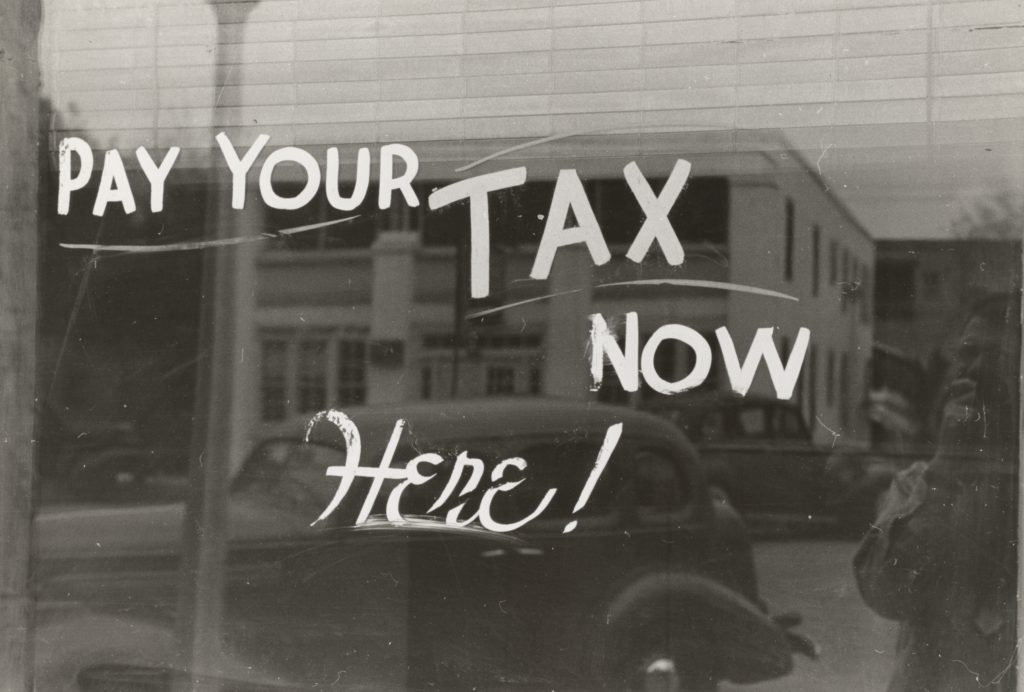Property Taxes in Placerville, CA

What are Property Taxes?
Every state in the US has its own rate of personal property taxes that each household has an obligation to pay for their belongings. With this in mind, the personal property, defined as everything movable and not attached to a home or building.
When it comes to businesses and their obligations towards the personal property taxes, then all movable assets are categorized under this tax and has to be paid annually. However, homes and other real estate comprising of land and buildings aren’t listed under this tax rate.
Personal Property Taxes in California
As said, each state within the US has its own independently-determined tax rates when it comes to any tax including the personal property tax. So, in California, the personal property taxes are limited by Proposition 13 voted in 1978 by California voters, and has two important features.
Firstly, it limits the general property taxes to 1% of the market value of a certain property. This does not include the tax collected for special purposes. Second, it limits up to 2% how much the assessed value can increase annually. These two features keep the California personal property taxes below the national average. Therefore, when compared, the national average currently equals 1.08%, while the average effective property tax rate in California is 0.77%.
How Do Property Taxes in California Work?

The property taxes paid in California are formed upon the purchase price. So, according to the price you paid for your house initially, your property tax is calculated and can only be increased each year based on the rate of inflation. However, remember that you’re protected for the increase with a 2% cap, as previously mentioned.
Of course, if you have lived in your house for a long time, then logically the assessed value of your property is now lower than the initial market value. However, this also goes for people who live in areas like San Francisco and San Jose which have experienced rapid price growth in recent years.
Something that can greatly affect your annual tax rate, and is important to do shortly after you purchase your property, is that you can reduce the assessed value by $7,000, saving you at least $70 per year. Namely, each homeowner has the right to claim a $7,000 exemption on their primary residence, and can only do this once.
If you are considering buying your next home in Placerville, CA, you can take a look at our vast offer in the area and beyond in the other communities.
In-depth Placer County, CA Property Tax Information

As said, the property taxes in California are applied to assessed values. The same goes for all counties and communities within the state. Therefore, each county collects a general personal property tax that is as high as 1% of the purchase price of your home. With that, the personal property tax is also the single largest tax you will have to pay apart from some other smaller ones that often vary by county or city you live in.
For instance, these smaller taxes can include something like voter-approved taxes such as the “Mello-Roos” taxes. Before paying these, all people in the community vote for each and by paying they support the districts through financing for services, public works or other improvements.
If you want to calculate the approximate value of all your annual taxes, you can use the assessed value of your home and multiply it by 1.25%, as a good rule of thumb. This is because of approx. 1% is the property tax, and then 0.25% are all the rest combined.
However, it is known that on average, the Placer County collects 0.8% of a property’s assessed fair market value as property tax. So, as an example, if you have a $427,600worth home, then you would pay approx. $3,441 per year.
This makes the city of Placerville and county as one of the highest median property taxes in the United States with its residents paying up to 3.90% of their yearly income.
How are property taxes determined?
In order to determine the amount of the property tax bill, the local tax office takes your home’s assessed value, current assessment rate together with any tax exemptions or abatements into account and calculates the yearly fee. See here a sample report of all factors used to determine the tax bill.
Below you can see some of the factors that determine your annual tax rate per property.
Property Tax
Firstly, the base of the tax is determined by multiplying the assessed value of your home with all the tax rates that apply to the case. The end amount is a sum of what the owner should pay, not including any exemptions, penalties, or special assessments. Then, on that tax base, all the aforementioned fees are applied which determine whether that base will grow in case of penalties or be reduced in case of exemptions or special assessments.

As previously said, once the property tax is determined, it represents the single largest tax fee you’ll pay. Then, each Placer County has the authority to vote for any other taxes as a collection of public revenue for various investments and improvements within the county.
Assessed Market Value
The assessed market value of a house is calculated on the basis of the 1975-1976 market value and is adjusted (up to 2%) for inflation based on California law. However, this won’t be applicable if your house has had a change in ownership or completed new construction. In that case, the current value on which the tax will be determined will be the market value of the property as of the date it was newly constructed or changed ownership.
Exemptions and Taxable Value
The exemptions can vary in case of different situations, owners, and houses. It is important to note that the state of California has a plethora of partial as well as full exemptions with which you can lower the annual tax base.
The assessed market value of a house is calculated on the basis of the 1975-1976 market value and is adjusted (up to 2%) for inflation based on California law. However, this won’t be applicable if your house has had a change in ownership or completed new construction. In that case, the current value on which the tax will be determined will be the market value of the property as of the date it was newly constructed or changed ownership.

